The Basics of Premise Liability Cases
Property owners owe a reasonable duty of care to visitors on their property to remove any dangerous conditions that may result in an injury. If you sustain an injury on a person’s property, you may file a premise liability case if you believe they did not take the necessary measures to ensure your safety.
Premise liability cases are the most common personal injury cases there are. However, a lot goes into determining whether a person who wants to initiate a premise liability case has a legal claim. Learn the basics of premise liability cases below.
What Are the Types of Premise Liability Cases?
Essentially, a plaintiff in a premise liability case seeks compensation for injuries caused by an unsafe condition on another person’s property. Below are some types of premise liability cases you should know.
Slip and Fall Accidents
If you slip and fall on public or private property, you can bring a claim for compensation against the property owner or the person responsible for monitoring and maintaining the premises. However, you must prove that the owner or caretaker of the premises caused a spill, tore a surface, or left something underfoot that caused your fall.
If your accident was due to a hazardous condition, you must prove that the property owner or caretaker was aware of the condition and did nothing about it.
When you file a slip and fall case, you must ensure the defendant cannot claim that your carelessness led to the accident.
Dog Bites
Dog owners have a legal obligation to keep their dogs from injuring anyone on their property. Thus, if someone’s dog bites you, you can sue them for compensation for your medical expenses and other effects of the accident.
When the person whose dog bit you has dog owner’s liability insurance, their insurance provider may cover your losses after a dog bite, even if it occurred outside the owner’s premises.
In some states, you may need to prove that the owner knew the dog had a history of biting people. However, in other states, the law holds a dog owner liable for dog bites regardless of whether they knew its history or not.
Other situations that may result in a premise liability case include:
- Inadequate security
- Swimming pool injuries
- Poor maintenance
Who May Recover Compensation in a Premise Liability Case?
When determining whether a person’s legal claim for compensation in a premise liability case is valid, most states focus on the person’s status in the property. A visitor to a property is either an invitee, licensee, or trespasser. Below is a closer look at each classification.
Invitee
An invitee is anyone a property owner invited to their property solely for business purposes. Examples of invitees include customers in a store, tenants in a building, and a delivery man. The relationship between a property owner and an invitee is mutually beneficial.
Licensee
A licensee also gets an invitation from a property owner to access the property for social purposes or another reason unrelated to business. Examples of licensees include a guest at a party, a friend, a neighbor, or a relative.
Trespasser
A trespasser is anyone who accesses a property without the owner’s authorization. Such a person has no right to recover compensation for injuries sustained within the premises they trespassed. However, if the trespasser is a child, the property owner still owes them a duty of care.
Property owners must put warning signs indicating danger that is not obvious in case there is a high likelihood of people trespassing onto the property. Property owners must also avoid intentionally hurting trespassers.
Property owners owe invitees and licensees a duty of care. However, sometimes determining whether or not a person is an invitee, licensee, or trespasser can get complicated. Hence, it is important to have legal representation in a premise liability case.
At Bradley Drendel & Jeanney, we have the best personal injury lawyers in Northern Nevada. Contact us today to consult on your premises liability case.
